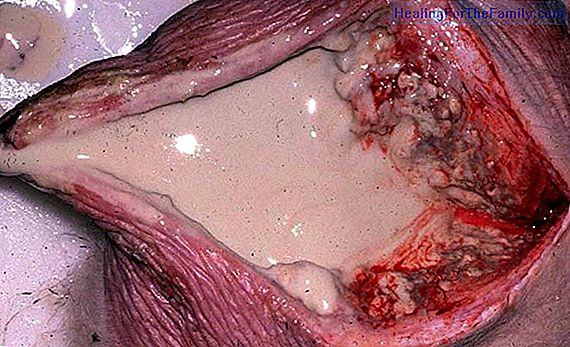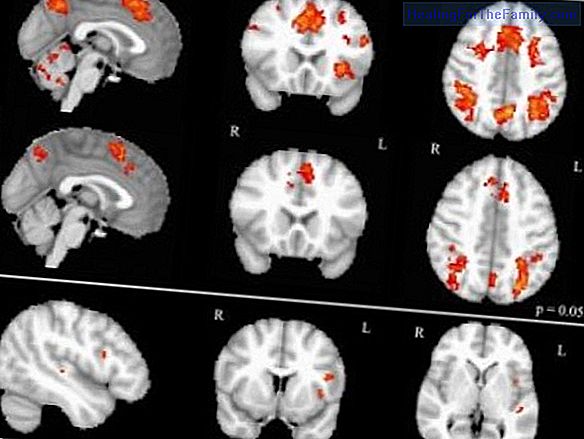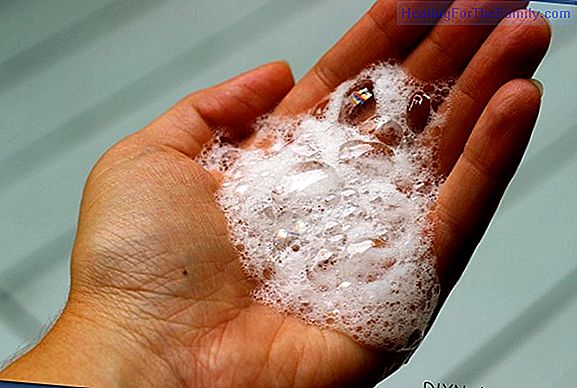Curious children. The curiosity of children
Curiosity is innate in children and must be taken care of since they are born so that they are able to want to learn for themselves, since curiosity is the first step for children's learning. Adults on many occasions and most of the time without realizing it, feel that this curiosity may be unwelcom
Curiosity is innate in children and must be taken care of since they are born so that they are able to want to learn for themselves, since curiosity is the first step for children's learning.
Adults on many occasions and most of the time without realizing it, feel that this curiosity may be unwelcome and may even see it as something negative that the child always asks when they have doubts. But the reality is that the curiosity of the little ones is something that should be strengthened so that in the future the children are efficient we should not cut the wings of curiosity!
Curiosity in children since they are born

Children begin to browse from the moment they begin to see, then to move and explore the world around them. Curiosity is interest and motivation, indispensable factors so that a successful learning can be given. Children are small explorers of the world and will always want to know more and more, so the role of the adult is not to cut this curiosity at all, but rather to ensure that this interest and motivation is not lost in the way of child growth.
Therefore, as adults we must respect the need for constant exploration, setting limits in inappropriate contexts but without restricting the innate curiosity of children. To respect it we must forget phrases as harmful to the self-esteem of children as: 'leave that', 'shut up', 'do not move', 'do not be heavy' ...
How to encourage children's curiosity at home
Curiosity does not it is something that has to be strengthened only in school (although it is also essential and essential), but from home it is also essential to promote it every day . For this I want to give you some ideas:- Routines at home are important because they create habits and establish rules and limits, but from time to time different things can be done within daily routines. An example may be changing the toothbrush for another fun one.
- The unexpected activities the children love so if
you organize an activity that the children do not expect, they will like it more. - Feeling happy because your child asks is also a good idea because you must be prepared to be able to respond whenever necessary (a response according to your age and understanding).
Curious children will be those who
will develop a better capacity for observation , those who will learn best in school and those who will be motivated to continue learning, even if they make a mistake, since they will see in the error a positive element of learning. It will be the parents' obligation to promote this curiosity in all stages and ages of the children.












